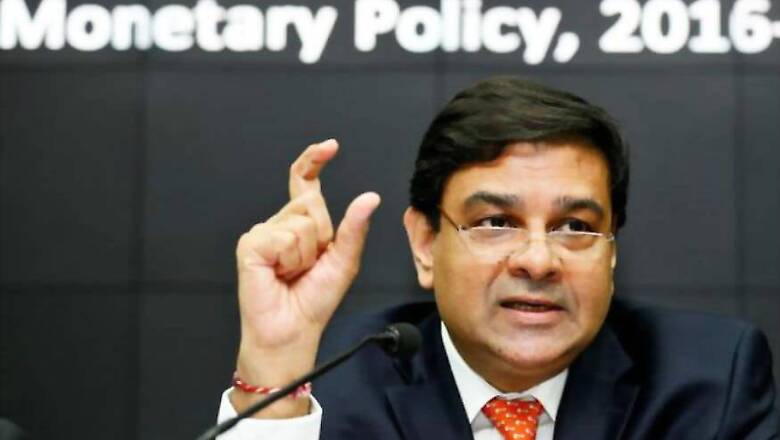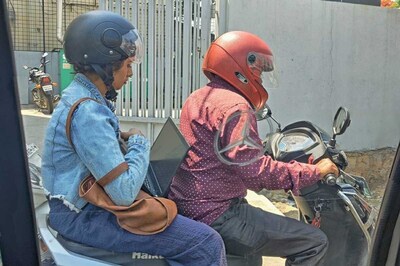
views
New Delhi: Reserve Bank of India Governor Urjit Patel feels "it is important to grow a thick skin in the business" of being a central bank chief, as he presented one of the strongest arguments yet in favour of Prime Minister Narendra Modi's demonetisation drive in an interview to Network 18.
In his first exclusive interview ever since the PM announced the demonetisation drive around 100 days ago, Urjit Patel told Network 18 Group Editor-in-Chief Rahul Joshi that more work was needed to ensure benefits of demonetisation are long-lasting.
The Union Government's midnight move on November 8, 2016, to ban high-value bank notes overnight had shaken up the economy as 85% of the total value of currency in circulation was wiped out in one swoop. The media – international and domestic – had panned the decision, and many had questioned whether the institutional autonomy of RBI was being eroded.
Patel sought to silence all critics in his first detailed conversation with a media house after demonetisation. To a pointed question on if he felt sad at media's focus on the negatives of the decision, Patel had this to say: "That has always been the case. What makes news is fairly subjective in this regard. I think that in terms of remonetisation, we are proceeding at a pace that is very quick."
"On the positive side, more savings have gone into deposits, mutual funds and insurance. Digitisation too has got an impetus. More work is needed so that these benefits are durable," Patel said.
Patel also felt that a combination of protectionist US policies and rate hikes by the Federal Reserve could stoke financial volatility. He listed "hazy policy measures" by developed economies and rising commodity prices as his key worries.
The RBI governor listed among his major concerns the lack of a consistent policy enunciation from major economies. "This is the main source of volatility," he said, adding that the hardening of some of the internationally traded commodities is something to be worried about because that would feed into inflation.
On the price rise front, a key concern for the government, the RBI governor felt that inflation excluding food and fuel was still stubborn and that was a cause of worry.
Patel felt that low inflation was essential to put the country on a high growth path, but also speculated that demonetisation may have impacted prices of some commodities. "Disinflation in vegetable prices could be short-lived," he said.

















Comments
0 comment